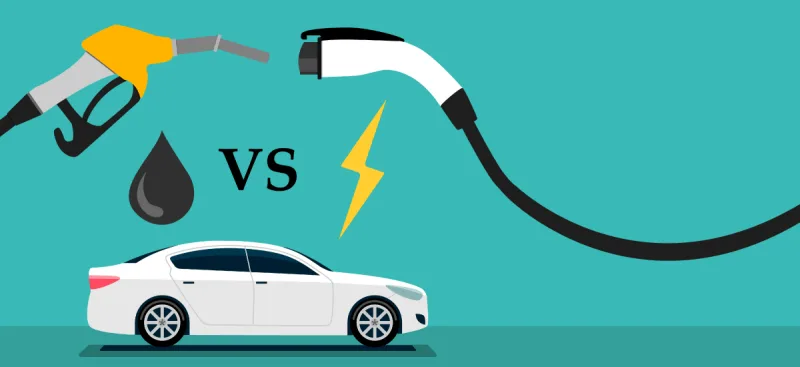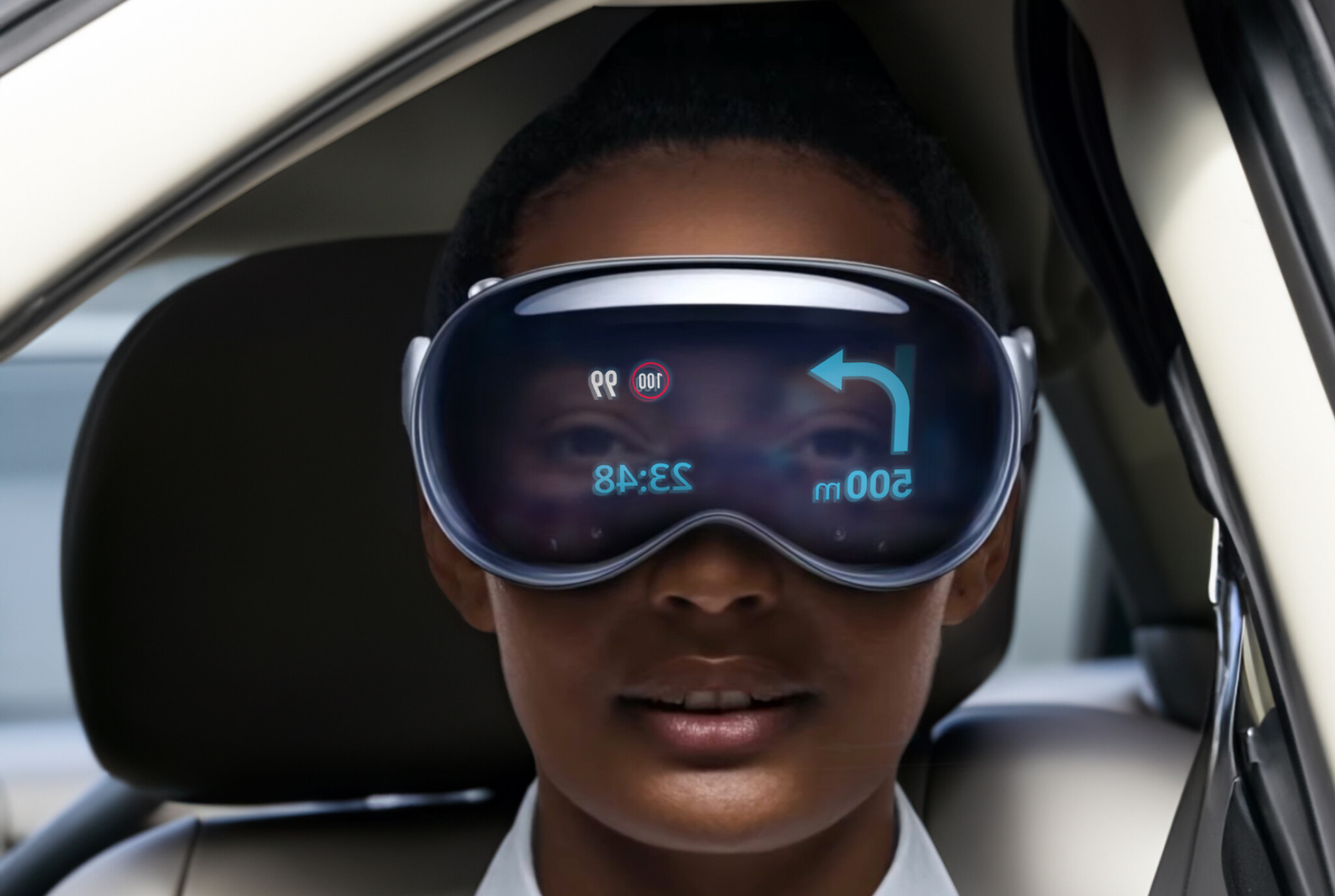
With the population crisis and rapid increase in demand for vehicles, it has become extremely difficult to cope with the need for transportation. The concept of hybrid cars has long been heralded as a transformative step towards sustainability and energy efficiency. However, as technology advances and consumer preferences evolve, it’s worth considering the possibility of alternative vehicles surpassing hybrids in the quest for a greener future.
Rethinking the Role of Hybrid Cars
Hybrid cars, with their combination of internal combustion engines and electric motors, have undeniably contributed to reducing emissions and conserving fuel. Yet, the landscape of transportation is dynamic, with new technologies and alternative fuel sources emerging at a rapid pace. As we envision the future of mobility, it’s essential to explore the potential of diverse approaches beyond the confines of hybrid technology.
Title: Embracing the Evolution of Automobiles: Exploring Alternatives to Hybrid Cars
In the realm of automotive innovation, the concept of hybrid cars has long been heralded as a transformative step towards sustainability and energy efficiency. However, as technology advances and consumer preferences evolve, it’s worth considering the possibility of alternative vehicles surpassing hybrids in the quest for a greener future.
Rethinking the Role of Hybrid Cars
Hybrid cars, with their combination of internal combustion engines and electric motors, have undeniably contributed to reducing emissions and conserving fuel. Yet, the landscape of transportation is dynamic, with new technologies and alternative fuel sources emerging at a rapid pace. As we envision the future of mobility, it’s essential to explore the potential of diverse approaches beyond the confines of hybrid technology.
Electric Vehicles (EVs): The Next Frontier
One compelling alternative to hybrid cars is the rise of electric vehicles (EVs). With advancements in battery technology and infrastructure development, EVs offer a promising pathway to decarbonizing transportation. By eliminating reliance on fossil fuels, EVs present a compelling solution to reducing greenhouse gas emissions and mitigating the impacts of climate change.
Hydrogen Fuel Cell Vehicles: A Renewable Option
Another innovative approach gaining traction is hydrogen fuel cell vehicles. Powered by hydrogen gas and emitting only water vapor as exhaust, these vehicles offer a renewable and sustainable alternative to traditional combustion engines. While infrastructure challenges remain, the potential for hydrogen fuel cell technology to revolutionize the automotive industry cannot be overlooked.
Embracing Diversity in Automotive Innovation
The shift from hybrid cars towards alternative vehicles reflects the dynamic nature of technological progress. As consumers become increasingly conscious of environmental concerns and demand cleaner transportation options, the automotive industry must adapt and diversify its offerings. Embracing a spectrum of technologies, from EVs to hydrogen fuel cell vehicles, ensures that consumers have access to a range of sustainable choices that align with their values and preferences.
Addressing Challenges and Seizing Opportunities
While transitioning away from hybrid cars may pose challenges, it also presents exciting opportunities for innovation and collaboration. Investment in research and development, coupled with supportive policies and incentives, can accelerate the adoption of alternative vehicles and drive progress toward a greener future. By embracing change and fostering a culture of sustainability, we can navigate the evolving landscapes of transportation with confidence and vision.
Conclusion: Pioneering a Sustainable Future
As we contemplate the possibility of hybrid cars being replaced by other vehicles, it’s essential to view this evolution as part of a broader journey toward sustainability and environmental stewardship. By embracing diversity in automotive innovation and prioritizing renewable energy solutions, we can pave the way for a cleaner, greener future. Let us seize this opportunity to drive positive change and propel humanity towards a more sustainable tomorrow.
As we navigate this transformative era in transportation, let us remain vigilant and proactive in our pursuit of a better world—one where innovation and sustainability go hand in hand.
This editorial calls attention to the need for continual innovation and adaptation in the automotive industry, highlighting alternative vehicles as viable options for achieving sustainability and reducing environmental impact. It encourages readers to embrace diversity in technological solutions and to support initiatives that promote a greener future for generations to come.






